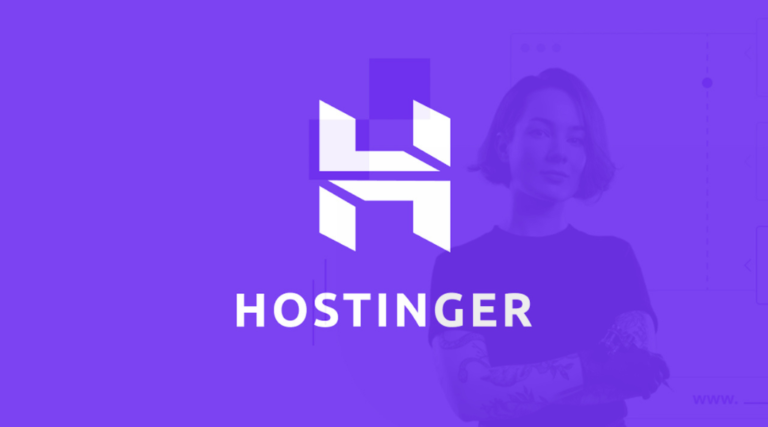Namecheap is good for beginners: Why It’s the Top Choice for New Users
Introduction : Namecheap is good for beginners
Want to start a website but feel overwhelmed? You’re not alone! Building your first website can seem like a daunting task, especially if you’re new to the world of domains, hosting, and website builders. But what if there was a platform designed specifically for beginners? Enter Namecheap, a budget-friendly, user-friendly solution that makes it easy to get started.
In this guide, we’ll explore why Namecheap is good for beginners, how to get started with Namecheap domain registration for beginners, and why Namecheap WordPress hosting for beginners is a great choice. By the end, you’ll have all the tools and knowledge you need to launch your first website with confidence.
Table of Contents
Why Namecheap is a Good Beginners (and Why It Might Not Be)
Pros of Using Namecheap
- Affordability
Namecheap is known for its competitive pricing. For example:
- Domain registrations start at just $5.98/year.
- Shared hosting plans begin at $1.98/month for the first year.
- Free domain privacy (WhoisGuard) is included with every domain registration, saving you money compared to competitors like GoDaddy.
- Ease of Use
Namecheap’s interface is clean, intuitive, and designed with beginners in mind. Whether you’re registering a domain or setting up hosting, the process is straightforward and hassle-free. - One-Click Installs
Installing WordPress or other applications is a breeze with Softaculous, Namecheap’s one-click installer. No technical skills required! - Free Services
Namecheap offers several free features, including:
- Free domain privacy (WhoisGuard).
- Free website migration.
- A free website builder with select hosting plans.
- Support Resources
Namecheap provides 24/7 live chat support, a comprehensive knowledge base, and step-by-step tutorials. If you get stuck, help is just a click away.
Cons of Using Namecheap
- Potential Upsells
Like many hosting providers, Namecheap may suggest additional services during checkout. While these can be helpful, beginners should carefully review their cart to avoid unnecessary costs. - Performance Limitations
Namecheap’s shared hosting is great for small to medium websites, but it may not handle high-traffic sites as effectively. If your site grows, you might need to upgrade to VPS or cloud hosting. - Not Fully Managed
Namecheap is ideal if you’re hands-on, but if you prefer a fully managed hosting experience, other providers might be a better fit.
Getting Started with Namecheap: A Step-by-Step Guide
1. Choosing a Domain Name
- Brainstorming Tips: Keep it short, memorable, and relevant to your niche.
- Check Availability: Use Namecheap’s domain search tool to see if your desired name is available.
- Register Your Domain: Follow the prompts to secure your domain. Don’t forget to enable WhoisGuard for free domain privacy!
2. Selecting a Hosting Plan
- Shared Hosting: Best for beginners and small websites.
- WordPress Hosting: Optimized for WordPress users.
- VPS/Dedicated Hosting: For larger sites with higher traffic.
- Which Plan is Right for Me? If you’re just starting, shared hosting is the most cost-effective option.
3. Setting Up Your Hosting Account
- Log in to your Namecheap account and navigate to the hosting dashboard.
- Use cPanel (Namecheap’s control panel) to manage your hosting settings.
4. Connecting Your Domain and Hosting
- Update your DNS records to point your domain to your hosting account. Namecheap provides clear instructions and screenshots to guide you.
Building Your Website on Namecheap
Using the Namecheap Website Builder
- Namecheap’s drag-and-drop website builder is perfect for beginners. Choose a template, customize it, and publish your site in minutes.
Installing WordPress
- Log in to cPanel and locate Softaculous.
- Click “Install” next to WordPress and follow the prompts.
- Once installed, explore the WordPress dashboard, install themes, and add plugins like Yoast SEO for better search engine visibility.
Managing Your Namecheap Account
Updating Account Information
- Keep your contact details and password up to date for security.
Managing Domain Names
- Renew your domain before it expires to avoid losing it.
- Transfer domains to or from Namecheap with ease.
Accessing Support
- Use live chat for immediate assistance or browse the knowledge base for self-help resources.
Optimizing Your Website for Success
Basic SEO Tips
- Conduct keyword research using free tools like Google Keyword Planner.
- Optimize your title tags, meta descriptions, and header tags.
Website Security
- Install an SSL certificate to protect user data.
- Use strong passwords and enable two-factor authentication.
Website Speed Optimization
- Compress images and use a caching plugin like WP Super Cache.
Mobile-Friendliness
- Choose a responsive theme to ensure your site looks great on all devices.
Troubleshooting Common Issue
- Domain Not Connecting? Double-check your DNS settings.
- Website Down? Contact Namecheap support for assistance.
- Slow Loading Times? Optimize your images and enable caching.
Conclusion
Namecheap is good for beginners because it combines affordability, ease of use, and robust support. Whether you’re registering your first domain or setting up WordPress hosting, Namecheap provides the tools and resources you need to succeed.
Ready to start your website-building journey? Get started with Namecheap today and take the first step toward creating your online presence!
By following this guide, you’ll not only understand why Namecheap is good for beginners but also gain the confidence to build and manage your website like a pro. Happy hosting!


